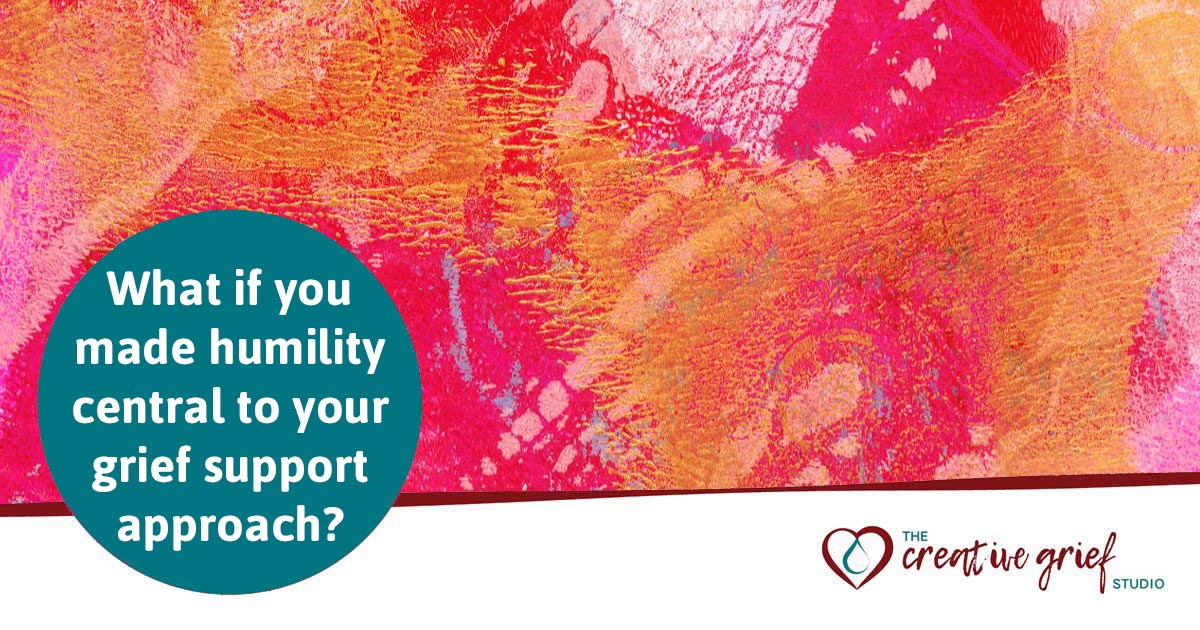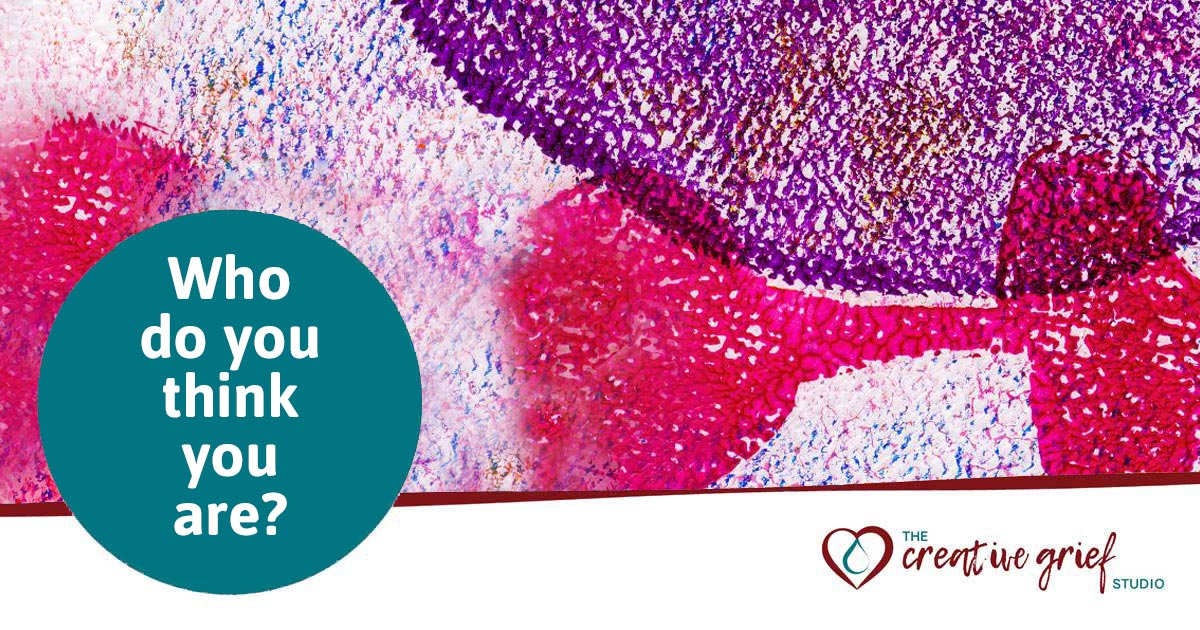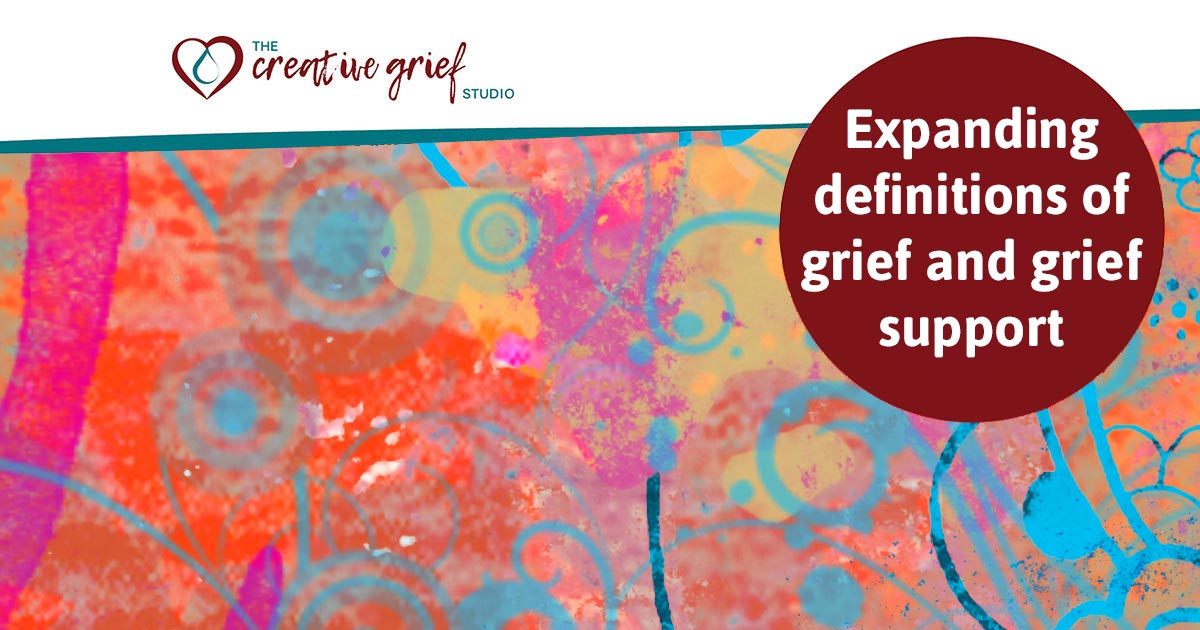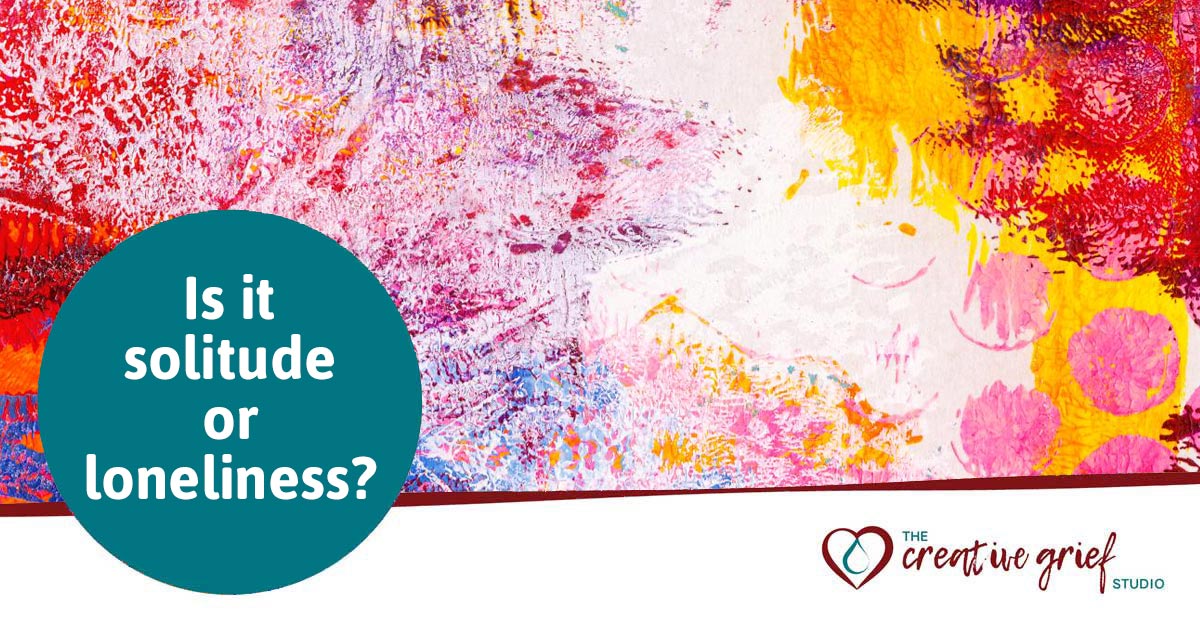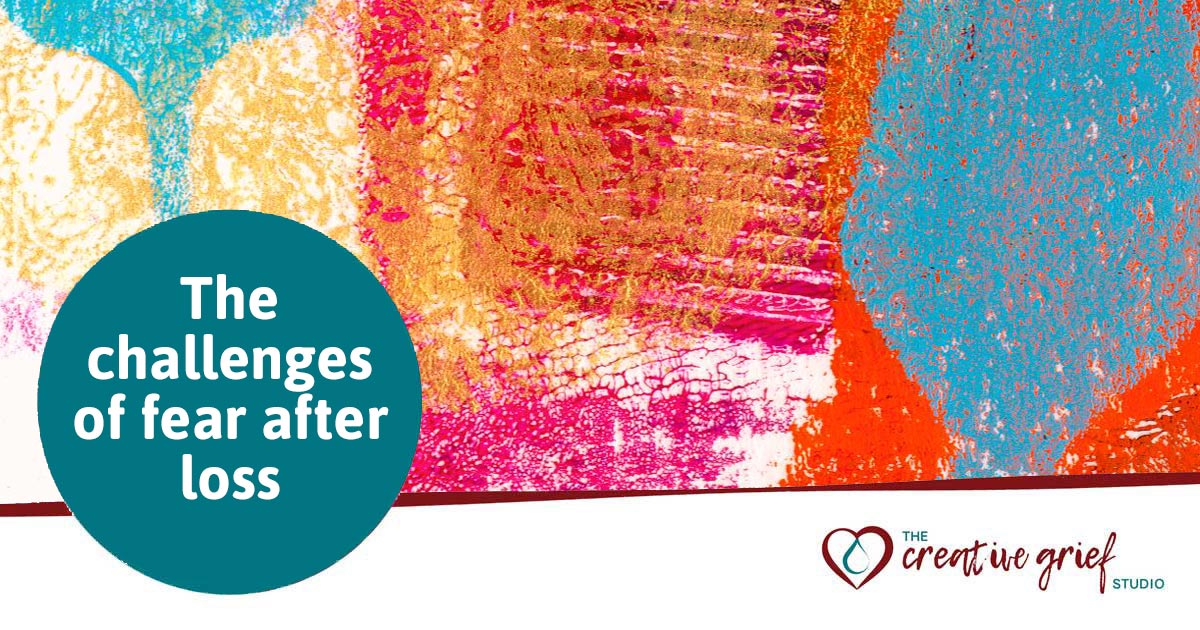
by Tamara Beachum | Sep 7, 2022 | Creative Grief Support Prompts, Short Course
We’ve added five new self-study courses that we are eager to tell you about! These can be used for your own grief processing or as something to pass on to clients who you think might benefit from the experiences. They are accessibly priced in the range of $30 to...

by Kara Jones | May 6, 2019 | Certification in Creative Grief Support, Creative Grief Support Prompts, Lit Review, Reflect on Your Grief Support Practice
“Narrative humility allows clinicians to recognise that each story we hear holds elements that are unfamiliar – be they cultural, socio-economic, sexual, religious, or idiosyncratically personal. Assuming that our reading of any patient’s story is the definitive...

by Kara Jones | Apr 22, 2019 | Certification in Creative Grief Support, Creative Grief Support Prompts, Reflect on Your Grief Support Practice
As grief support practitioners, we’re having conversations and working creatively with our clients in ways that we hope will help our clients to explore their grief and to make meanings that are comforting, sustaining, and hopeful, after loss. Contrary to popular and...

by Kara Jones | Apr 16, 2019 | Certification in Creative Grief Support, Creative Grief Support Prompts, Lit Review, Reflect on Your Grief Support Practice
Grief can be a part of the experience of so many different kinds of losses, not just the death of a loved one. And yet, very few other kinds of losses are ever validated in our society, and we don’t really have social rituals for them, sympathy cards, or support...

by Kara Jones | Jan 28, 2019 | Certification in Creative Grief Support, Creative Grief Support Prompts, Reflect on Your Grief Support Practice
Research consistently shows that people who have compassionate social support and a sense of belonging cope much better after loss, so we certainly have a responsibility to explore with our clients what their experiences are of social support. Social location and...

by Kara Jones | Jan 7, 2019 | Certification in Creative Grief Support, Creative Grief Support Prompts, Reflect on Your Grief Support Practice
Sometimes we’re asked by grief support professionals why we don’t teach Elizabeth Kubler Ross’ “5 stages of grief” model in our Creative Grief Support Certification course. One of the reasons for this is because of what Kubler Ross’ model leaves out. With its focus on...


